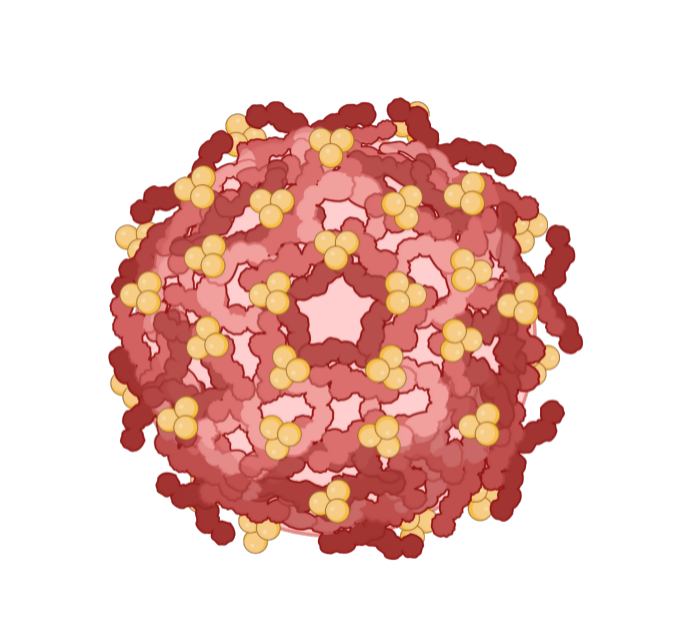HIV integrase inhibitors are a novel therapeutic drug targeting the HIV virus. They inhibit the key enzyme in the virus replication process – integrase, thereby blocking the integration of viral DNA and host chromosomal DNA, achieving the goal of controlling virus replication. This type of inhibitor includes polyhydroxy aromatic compounds containing catechol and aryl β – diketone acid compounds, which exhibit selective activity in inhibiting HIV-1 integrase and blocking viral replication. HIV-1 integrase is an essential enzyme for retroviral replication and has no analogues in human cells, so it has become an attractive and reasonable target for the treatment of AIDS. 
The advantage of integrase inhibitors is that they can be used in combination with other antiretroviral drugs to effectively treat HIV infection, and clinical resistance is not easily developed. This type of drug has the characteristics of mild side effects and high medication safety. Although the resistance barrier is lower than that of atecavir, it has cross resistance with aviravir. Common side effects include headaches, fatigue, difficulty falling asleep, nausea, and high blood sugar. In severe cases, allergic reactions, muscle failure, and liver disease may occur. When using integrase inhibitors, attention should be paid to the interactions between drugs to avoid forming insoluble substances with multivalent metal cations that may affect absorption and lead to a decrease in drug blood concentration, thereby inducing drug resistance.
The latest research progress includes the launch of novel integrase inhibitors, such as Bisoprolol tablets, which is the smallest triple compound single tablet based on integrase chain transfer inhibitors. It was approved by the NMPA in 2019 for the treatment of human immunodeficiency virus type 1 (HIV-1) infection in adults. The launch of this drug has brought new options for AIDS treatment. It can reduce the viral load faster, has better safety, and has less interaction with other drugs, greatly improving the quality of life of patients and helping them return to normal life.
In general, HIV integrase inhibitors, as an important progress in the field of AIDS treatment, provide patients with more treatment options and better treatment effects. Although there are some side effects and drug resistance problems, with the deepening of research and the progress of technology, it is believed that more innovative drugs will be available in the future, bringing more hope and gospel to AIDS patients.
Recent posts
We recommend


